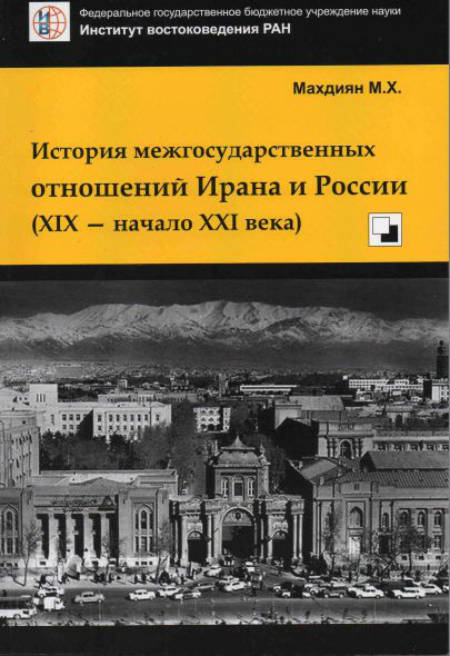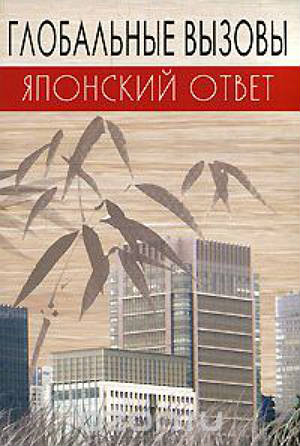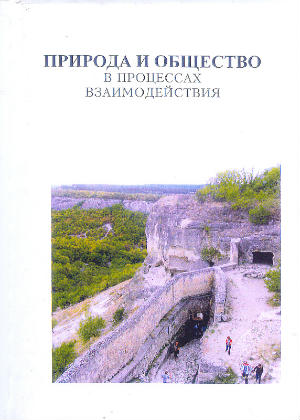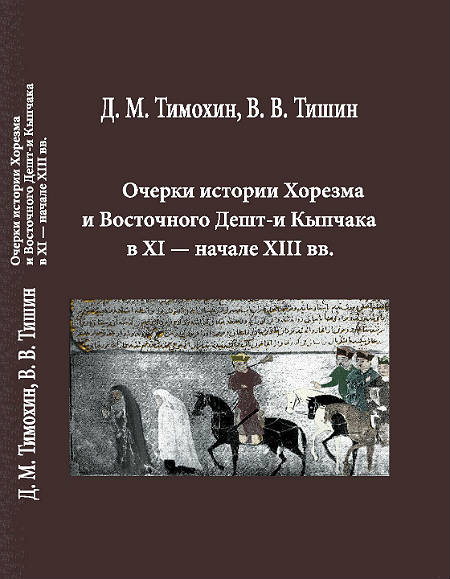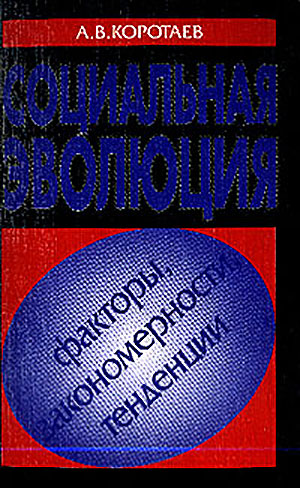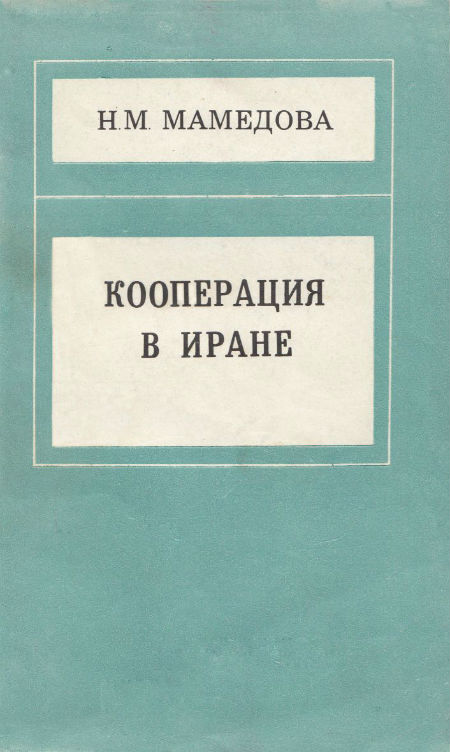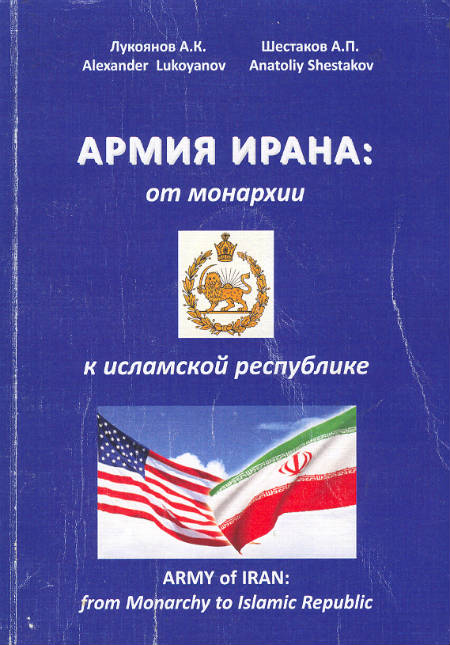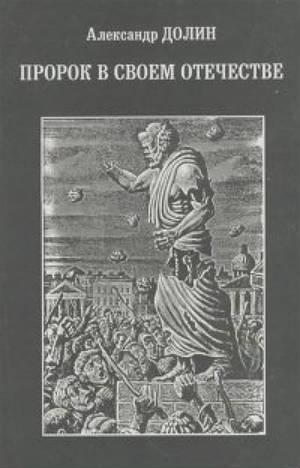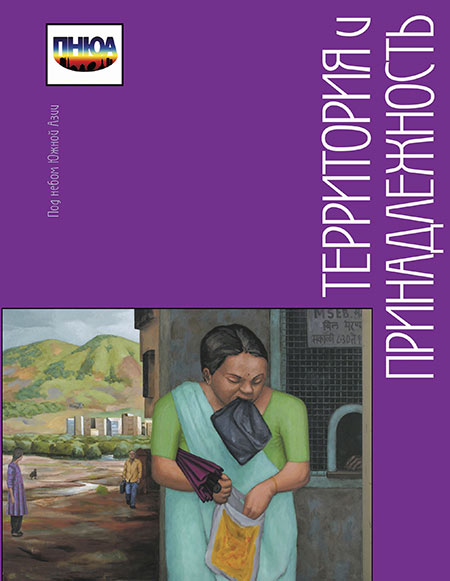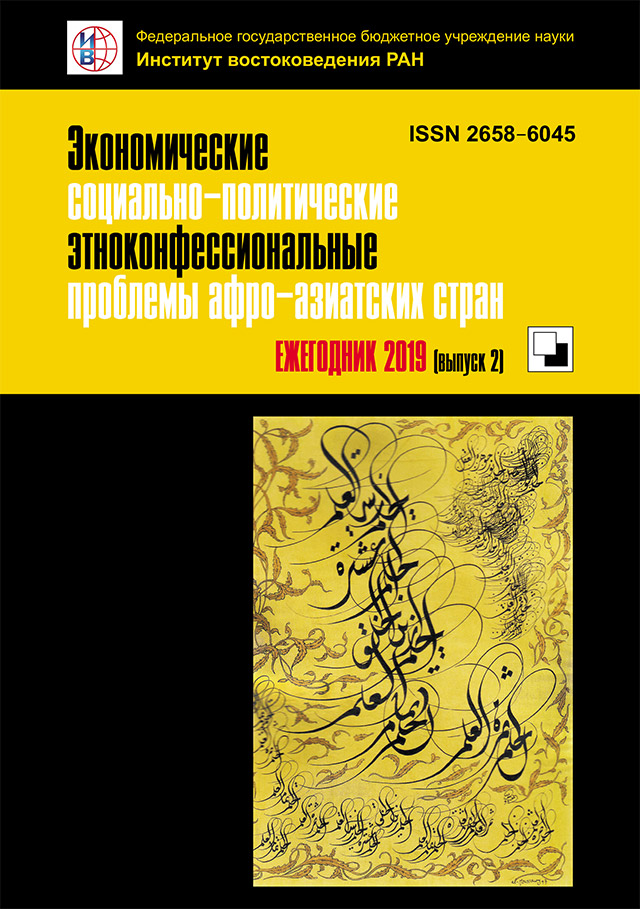Book
Economic, Social, Political, Ethno-Confessional Problems of Afro-Asian Countries
Ежегодник 2019 (Выпуск 2)
Еditor: Bibikova Olga
Editorial Board: Bibikova Olga, Landa Robert, Ustinova Taisiya
Еditor: Tsvetkova Nina
Editorial Board: Tsvetkova Nina
Editor-compilator: Bibikova Olga, Tsvetkova Nina
Institute of Oriental Studies of the Russian Academy of Sciences
Москва, 2019, 180 p.
Viacheslav Ya. Belokrenitsky in his article presents a comparative analysis of
recent economic development of Pakistan and Bangladesh. Being backward from
the colonial times East Bengal, which had been an independent state Bangladesh
since 1971, achieved remarkable success in economic and social development in
the current, XXI century. Pakistan while maintaining a certain advantage over
Bangladesh at present risks losing it in the near future. The author analyzes factors behind unequal rates of economic growth of the two states, stresses the dependence of their economies on external conditions and the influence of different
patterns of globalization on both countries. An attempt is made to evaluate perspectives of the oncoming economic evolution.
Keywords: Bangladesh, Pakistan, comparison of economic development, influence of globalization, perspectives of growth.
Nina N. Tsvetkova reviews the problems of globalization, transnational corporations (TNCs) and foreign direct investment (FDI) in the second part of the
2010s. Some authors such as Paul Laudicina and Eric Peterson state there is a
slowdown in globalization. But the data on foreign direct investment (FDI) and
on TNCs activity testify the opposite. If the world FDI flows declined in 2016–
2018, the world book value of inward FDI increased and the ratio of the world
FDI book value to the world GDP is very high as compared to previous periods.
The article analyzes recent trends in FDI in the world and in the role of TNCs,
with particular attention to Asia. One of trends is the growing role of digital
TNCs. It is shown that TNCs and TNBs from Asian countries have gained more
importance.
Keywords: globalization, foreign direct investment (FDI), transnational corporations (TNCs), transnational banks (TNBs), Asian countries, TNCs and TNBs
from Asian countries.
Taisiya N. Ustinova, in the article ―Japan's participation in economic projects
in the Russian Far East‖, considers the economic cooperation of Russia and Japan, participation of Japan in joint economic projects in the Russian Far East. Attention is paid to historical and political factors affecting the development of
Russian-Japanese cooperation, trends and perspectives of its further development, attempts of Russia to maintain good neighborly relations with Japan.
Keywords: Japan, Russia, political relations, economic cooperation, joint economic projects.
Olga A. Ledovskaya, in the article ―Main Trends in the Japanese Policy in the
South Caucasus‖, analyzes main trends in Japanese policy towards the South
176
Caucasian states: Azerbaijan, Georgia and Armenia since the establishment of
diplomatic relations. Economic cooperation, which has potential for growth, is
mutually beneficial and is expected to continue in different areas.
Keywords: South Caucasus, Azerbaijan, Georgia, Armenia, Japanese foreign
policy.
Nina M. Mamedova, in the article ―The role of the religious and ethnic factor
in the policy of the Islamic Republic of Iran (economic aspects)‖, reviews the issues related to the influence of religious and ethnic factors on the economy of
Iran. The research surveys the Islamic regime political structure impact on the
economic policy shaping, as well as the Islamic economic norms traits in the
context of the modern socio-political environment. The article highlights the ethno-religious factor employed by the Iran's military-political elite as part of both
the internal and external country's policies.
Keywords: Iran, Islamic regime, Islamic economy, ethnic diversity, Islamic funds.
Olga L. Petrova analyzes in her article the role of the Chinese minority in the
economy of Indonesia. It is impossible to imagine the socio-economic structure
of Indonesia without the Chinese minority, as it is impossible to ignore the national-ethnic conflicts between this minority and native Indonesians. The term
«social envy» is far from an empty sound in the modern life of these two cells of
a single society, and the author tries to trace its roots.
Keywords: Indonesia, Chinese minority, economy, Batavia, colonial period,
modernity.
In the second section of the book, ethno-confessional and political problems
are analyzed.
Kamil S. Azimov analyzes some of the causes of the Libyan insurgency and
the intervention of Western powers interested in the destruction of the Libyan
statehood.
Keywords: Gaddafi, Sarkozy, opposition, Libyan tribes, tribalism, «humanitarian operation».
Olga P. Bibikova, in the article entitled ―Refugees from Iraq and Syria: return
to their homeland‖, discusses the problem of refugees. With the outbreak of hostilities in Iraq and Syria, thousands of citizens of these countries rushed to neighboring countries and Europe in the hope of finding peace and a new homeland.
Over time, however, frustration set in and now the flow of refugees turned back,
many of them are returning to Syria and Iraq.
Keywords: refugees, UNERWA, camps, charity, corruption, terrorism.
Timur S. Vasilenko, analyzes the relationship between the Russian Federation
and the most influential political forces of Syrian Kurds in the course of the set-
177
tlement of the Syrian conflict taking into account the influence of Turkey and the
United States on the events in Syria and their relationship with each other.
Keywords: Russia, Syrian Kurds, PYD, ENKS, Syria, Turkey.
Ekaterina Kochetkova, in the article ―The Chinese community in Malaysia:
the history of formation and modern realities‖, examines the history of the formation of the Chinese community living in modern Malaysia from the moment
of penetration into the Malay land to the present day, the emergence of ethnic
and socio-economic contradictions between the Chinese community and the
«bumiputra», the current situation of the Chinese in Malaysia, as well as the policy of the government, conducted to resolve ethnic conflicts.
Keywords: Malaysia, Chinese, bumiputra, Mahathir Mohamad, Najib Razak.
Natalia Skorobogatykh analyzes in her article the problems faced by the aborigines of Australia and the solutions proposed by the human rights defenders at
the beginning of the XXI century. The way the urgent problems of the aboriginal
communities are addressed has been causing widespread discontent among the
aborigines and in the dominant society.
Keywords: the Commonwealth of Australia, aborigines, Uluru Statement from
the Heart, J. Gillard, N. Pearson.
Anatoly Sokolov, in the article ―External migration from Vietnam: current situation and forms‖, analyzes main forms of external migration from modern Vietnam. Vietnam is a dynamically growing participant in international migration
processes. The population of this country is almost 100 million. Its high density,
as well as other demographic and socio-economic factors create objective prerequisites for mass departure of Vietnamese citizens abroad. The article deals
with main forms of external migration in modern Vietnam: labor, educational,
marriage and child migration.
Keywords: Vietnam, labor migration, educational migration, marriage migration, child migration.
Erik Seitov discusses, in his article ―The role of religious institutions in ethnic
identity constructing: the case of the Shiite community of Bukhara, Uzbekistan‖,
the ―tools‖ for creating and maintaining ethnic identity on the example of Central
Asian Iranians (ironi) living in the city of Bukhara, Uzbekistan. Primarily, such
―tools‖ are religious convictions of this ethno-confessional group — the Shi'ism,
Imamite type. Other important identity markers are the rituals of the life cycle. In
general they are similar all over Bukhara cultural area, but have slight differences. These differences assume the role of an ―ethnic border‖.
Keywords: identity, constructivism, Shiism, Bukhara, Central Asian Iranians.
Sergei B. Filatov called his article ―Muslim community of St. Petersburg: traditions in the context of modern challenges‖. From the moment of the foundation
178
of the city up to Perestroika the small Muslim community consisted of strongly
Russified Tatars rooted in the city. Since the 1990s, there has been a strong migration influx of Muslims from the North Caucasus and Central Asia. In the St.
Petersburg Ummah there is a complex interweaving of religious movements and
national interests.
Keywords: Cathedral mosque of St. Petersburg, the Imam-Khatib Jaafar Pancheev, Hafiz Mahmoud, Imam-mukhtasib Muhitdin Damir, Damir Khusainov,
Ravil Pancheev.
Irina Vorobeva states that at present the Church of Constantinople has become
a center of attention of the entire Orthodox world. Intervention in the internal affairs of the Russian Orthodox Church in Ukraine provoked not only a split in the
Ukrainian Church, but also a break in relations between the two leading Orthodox Churches.
Keywords: Orthodox, the Ecumenical Patriarchate of Constantinople, the
Ecumenical Patriarch, Bartholomew I, the Russian Orthodox Church.


